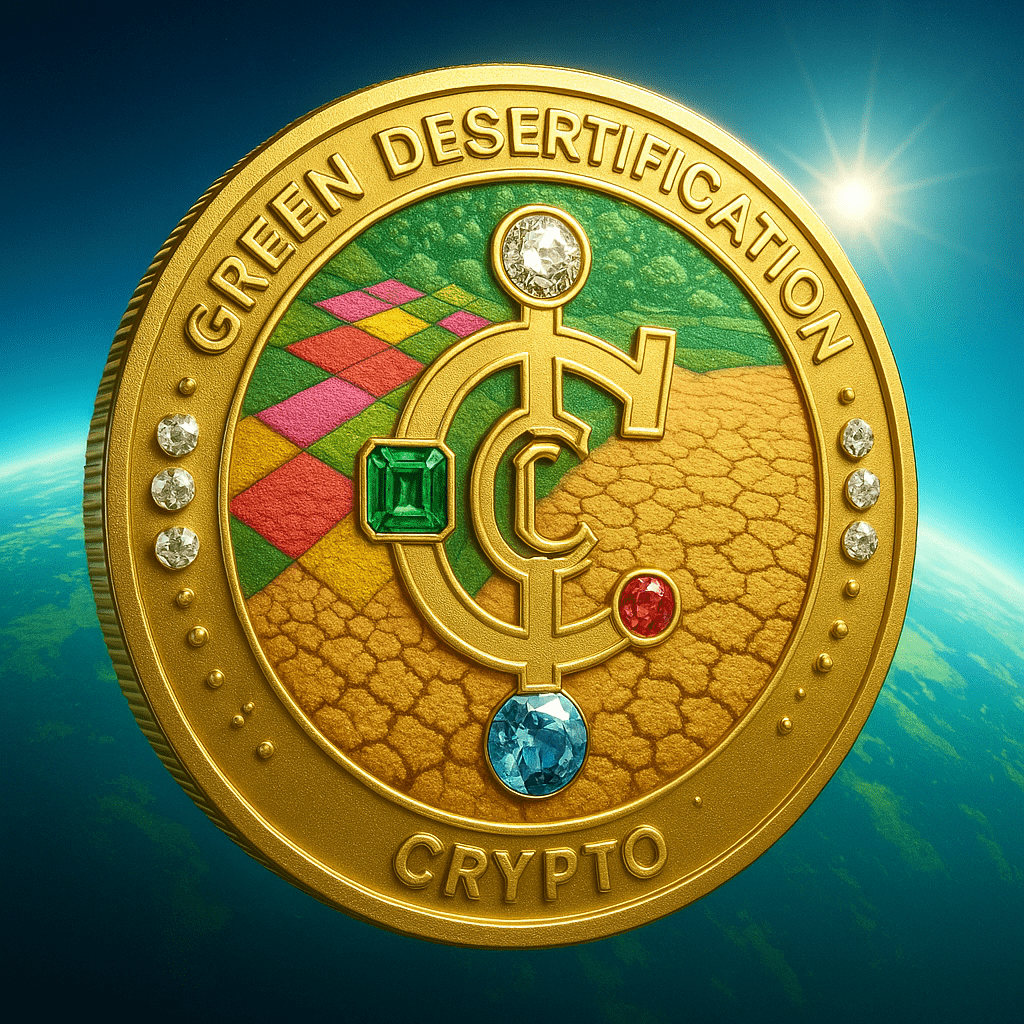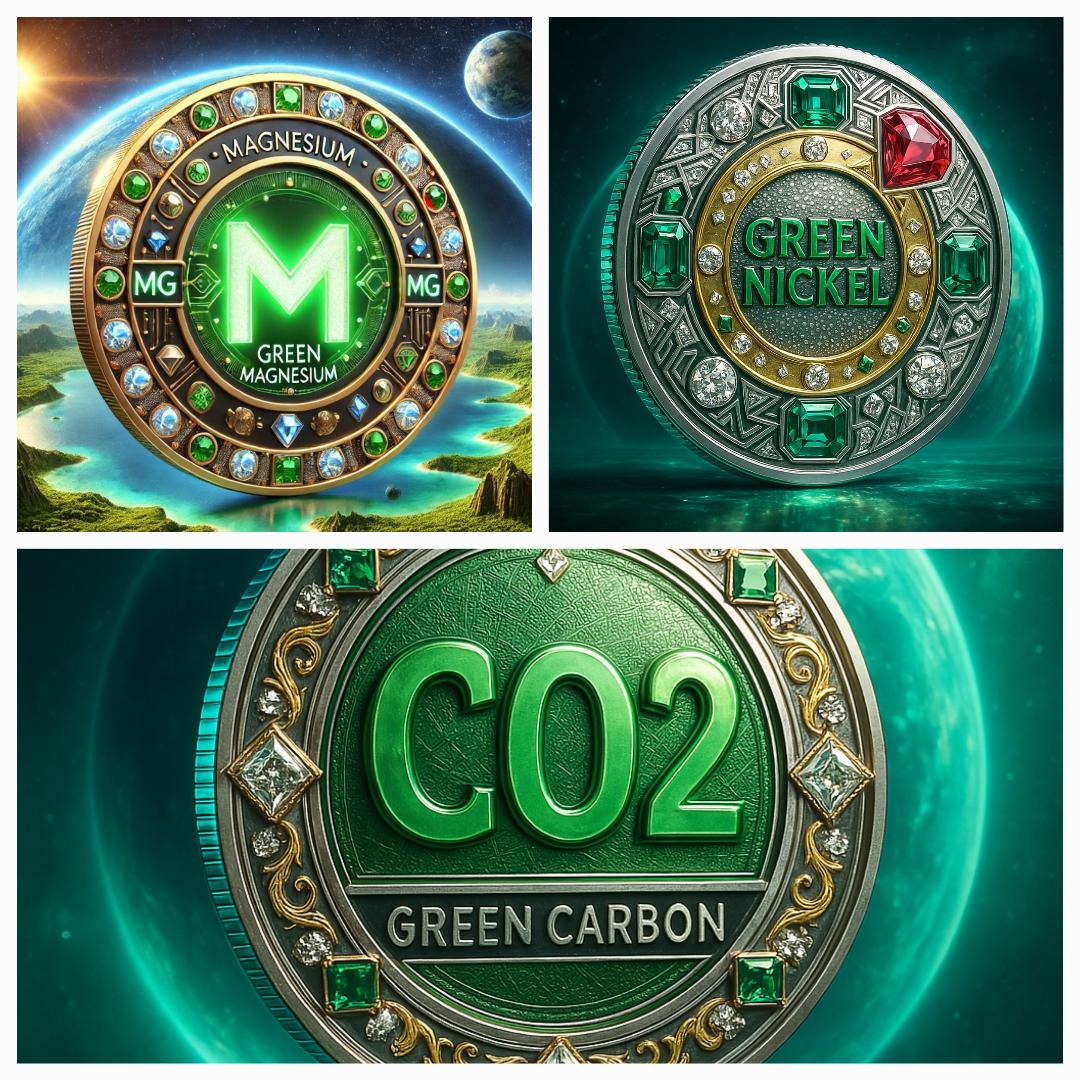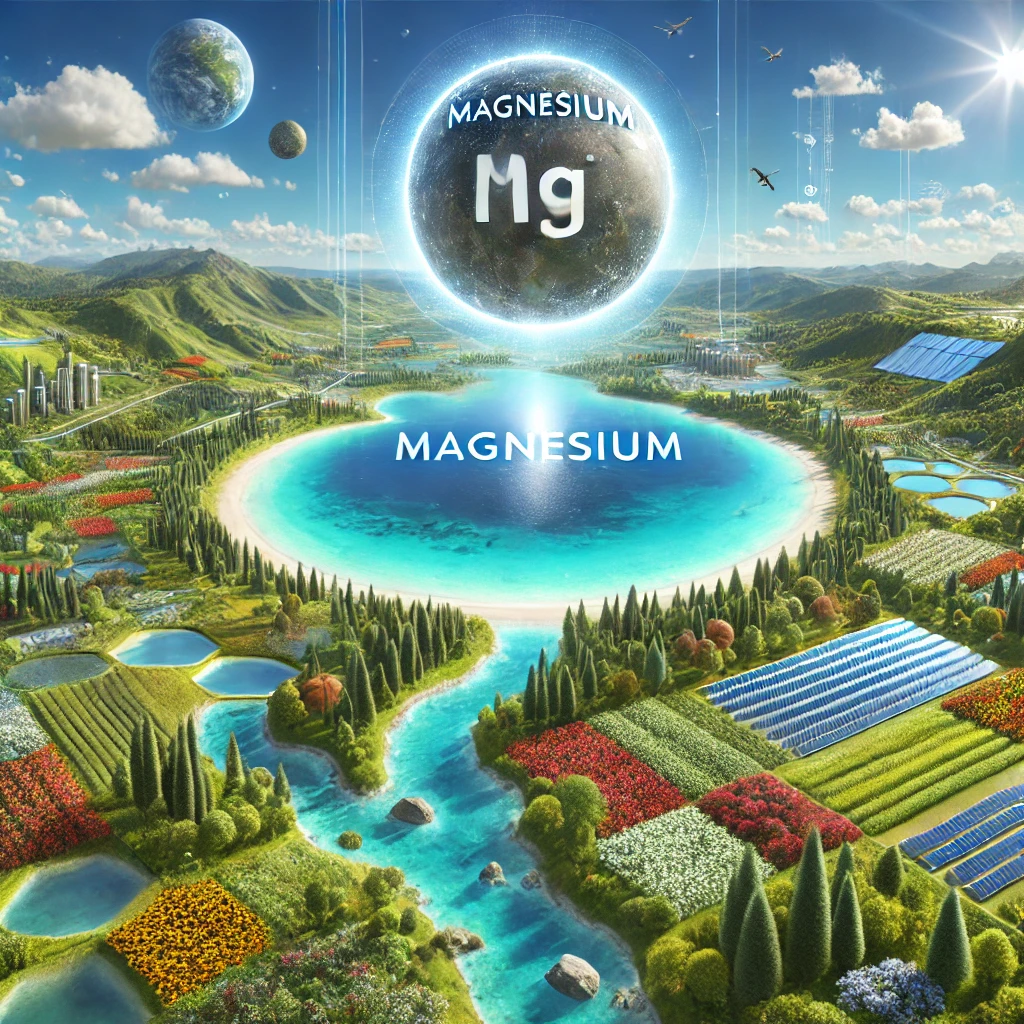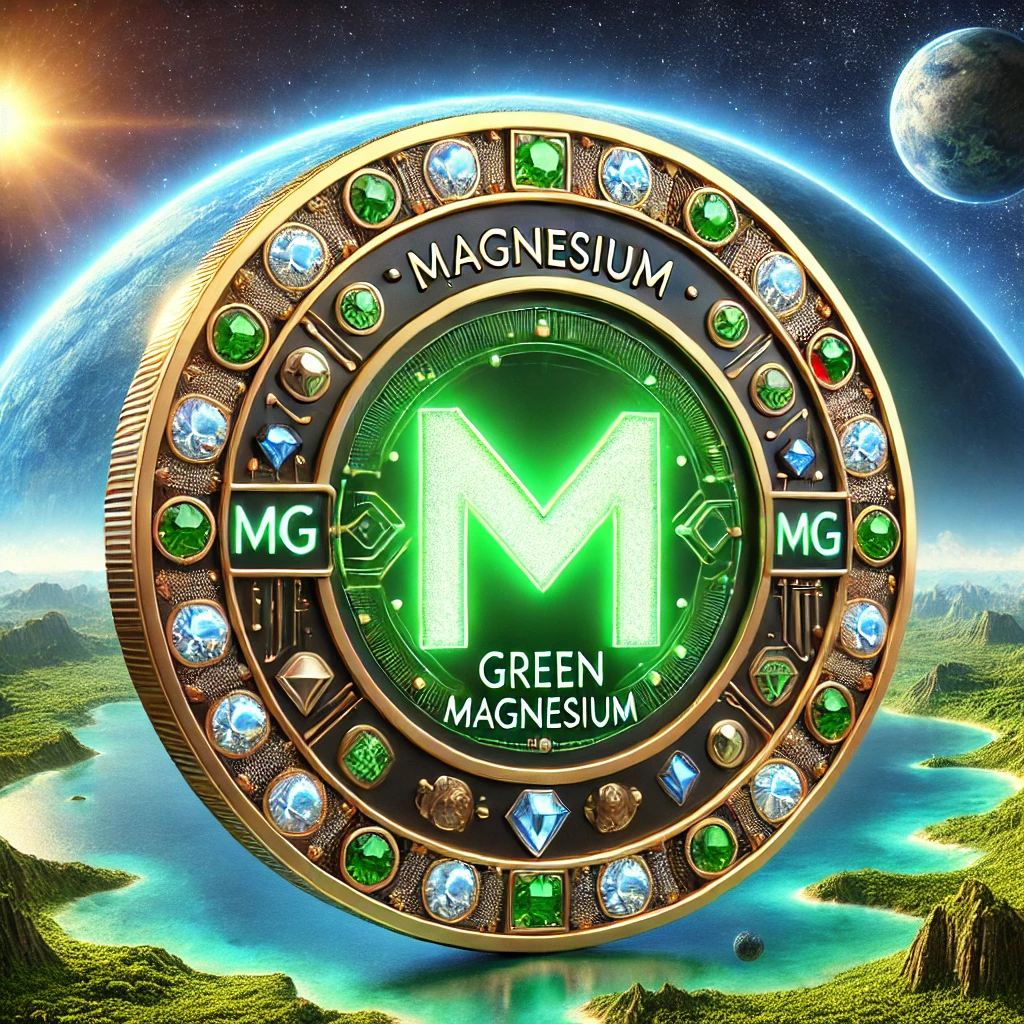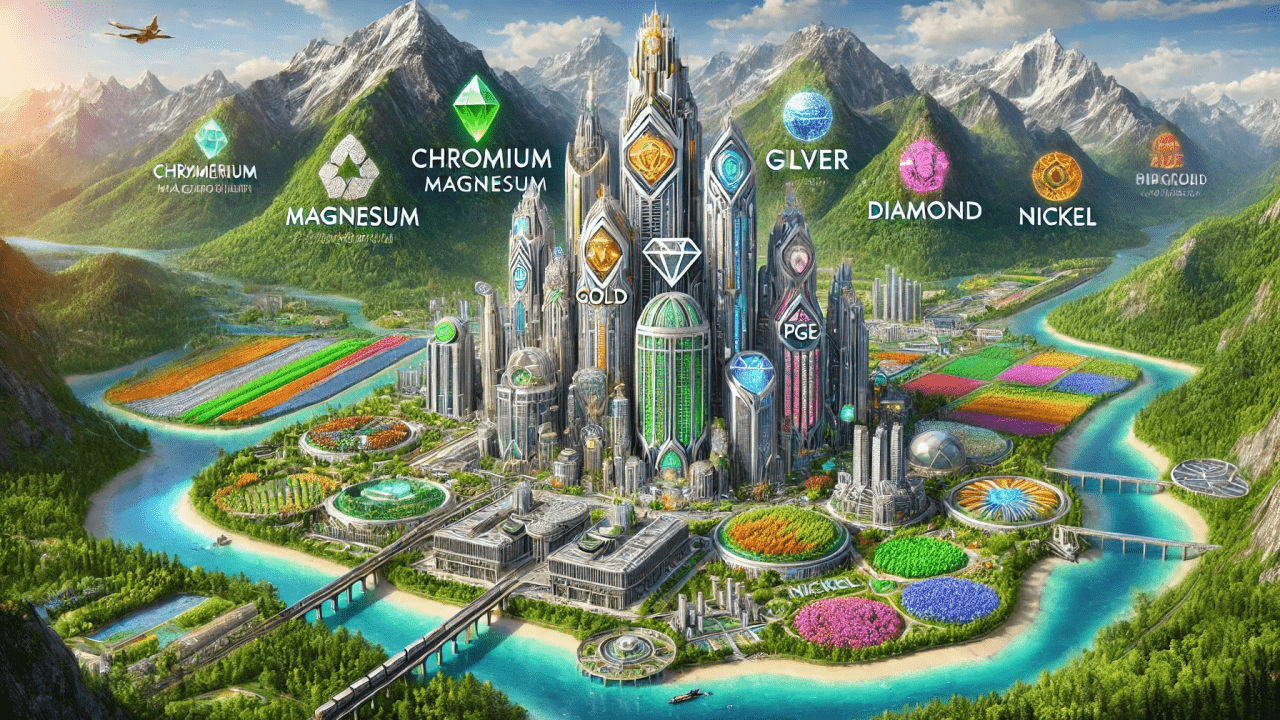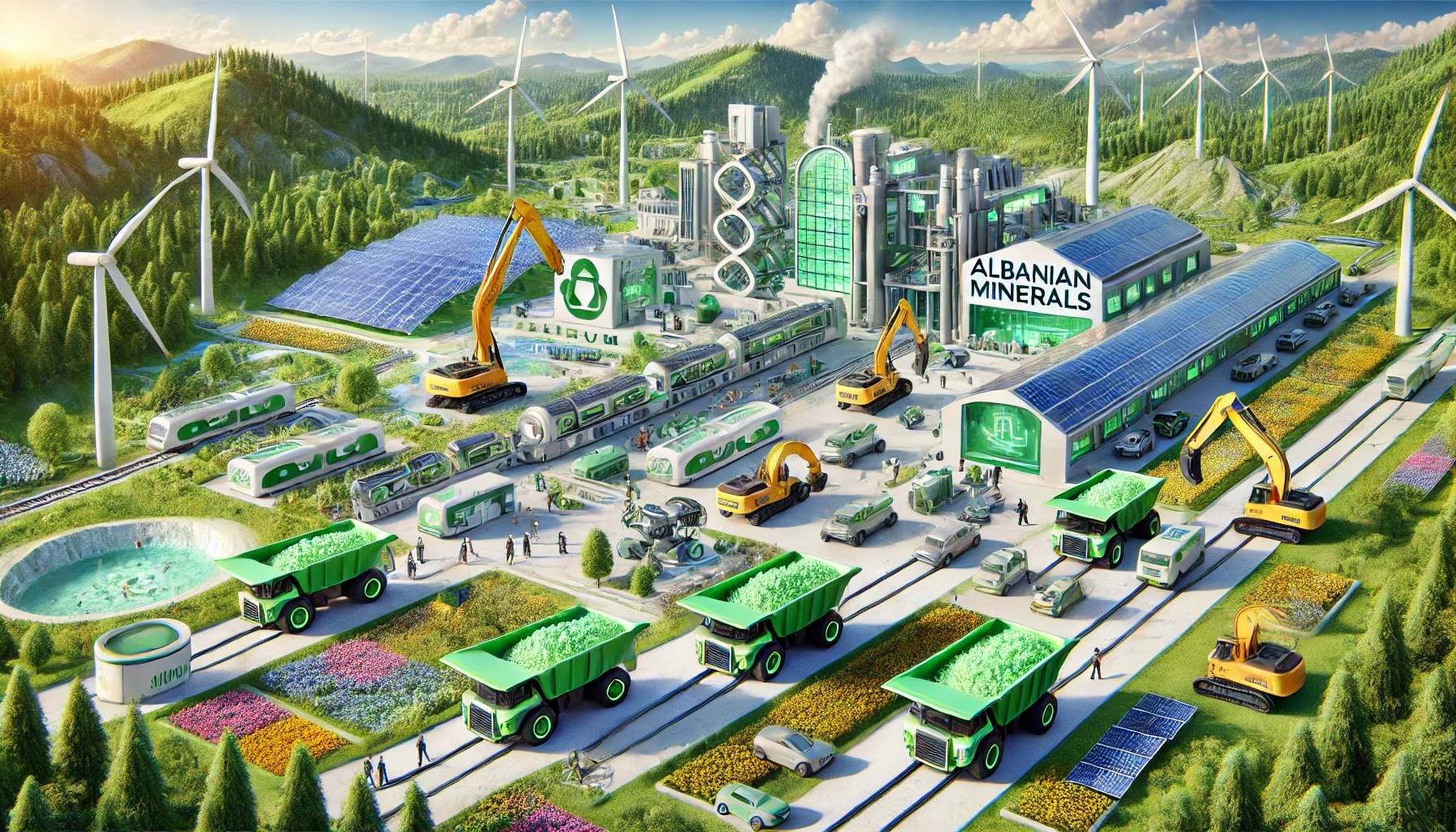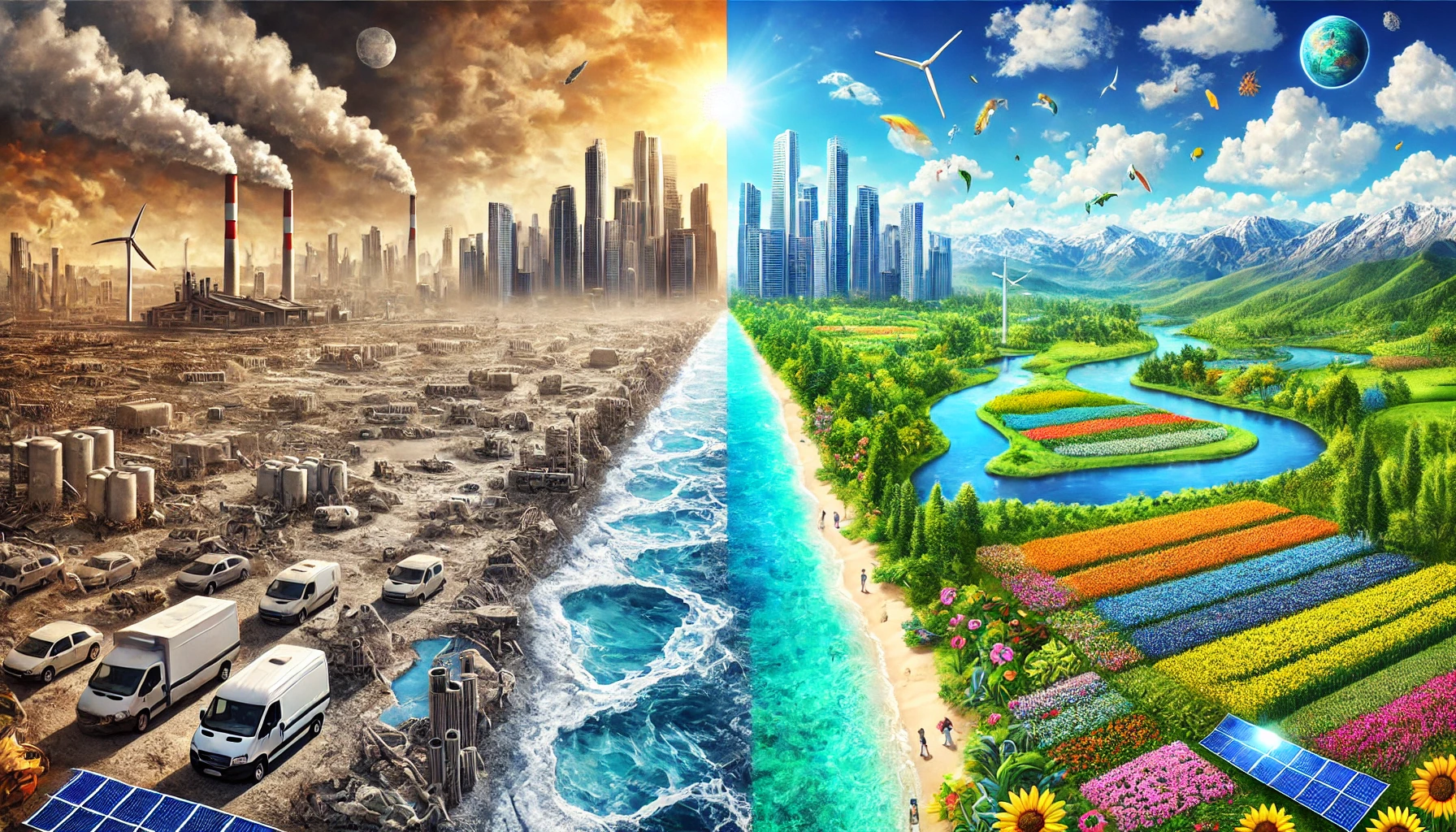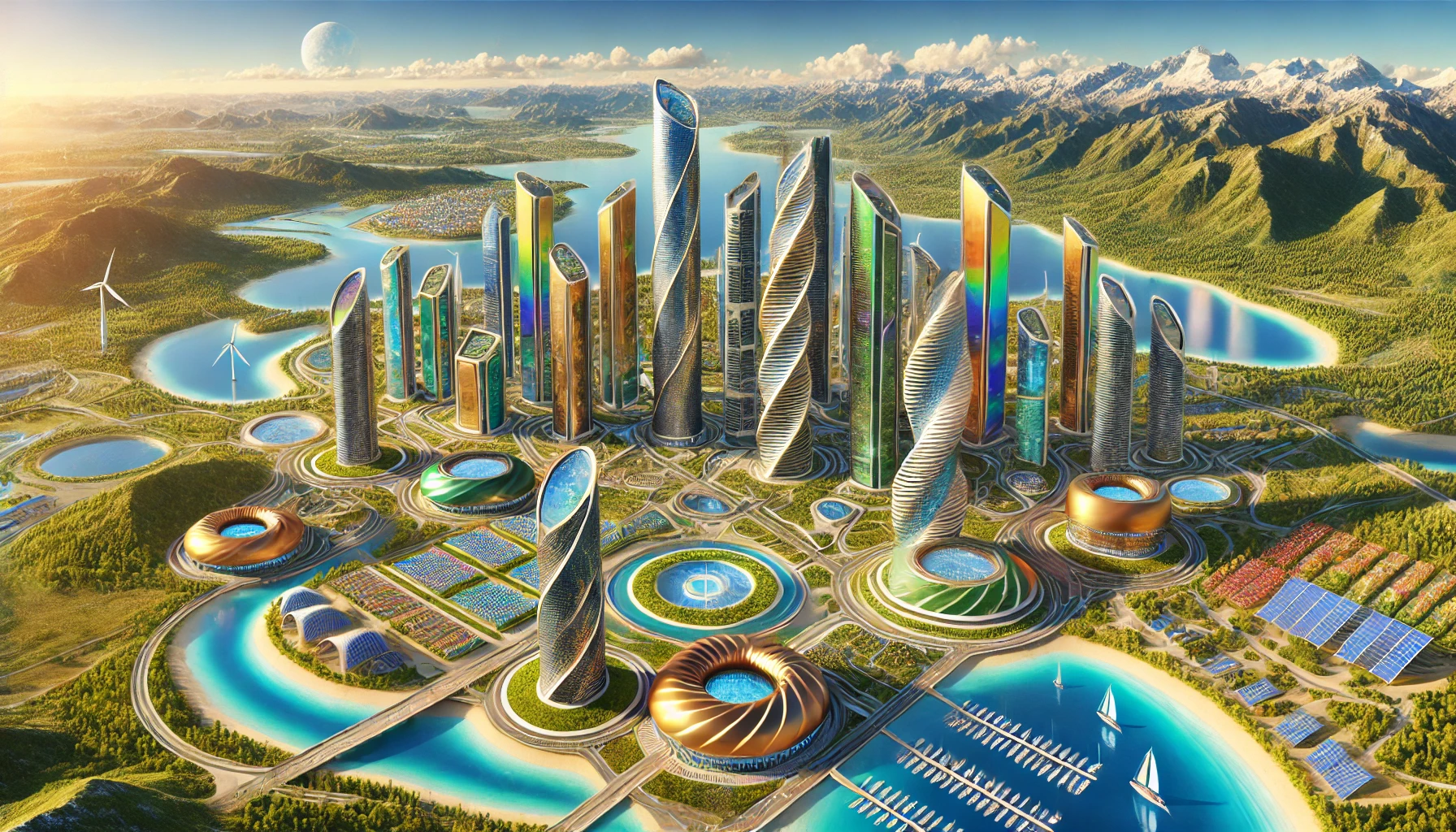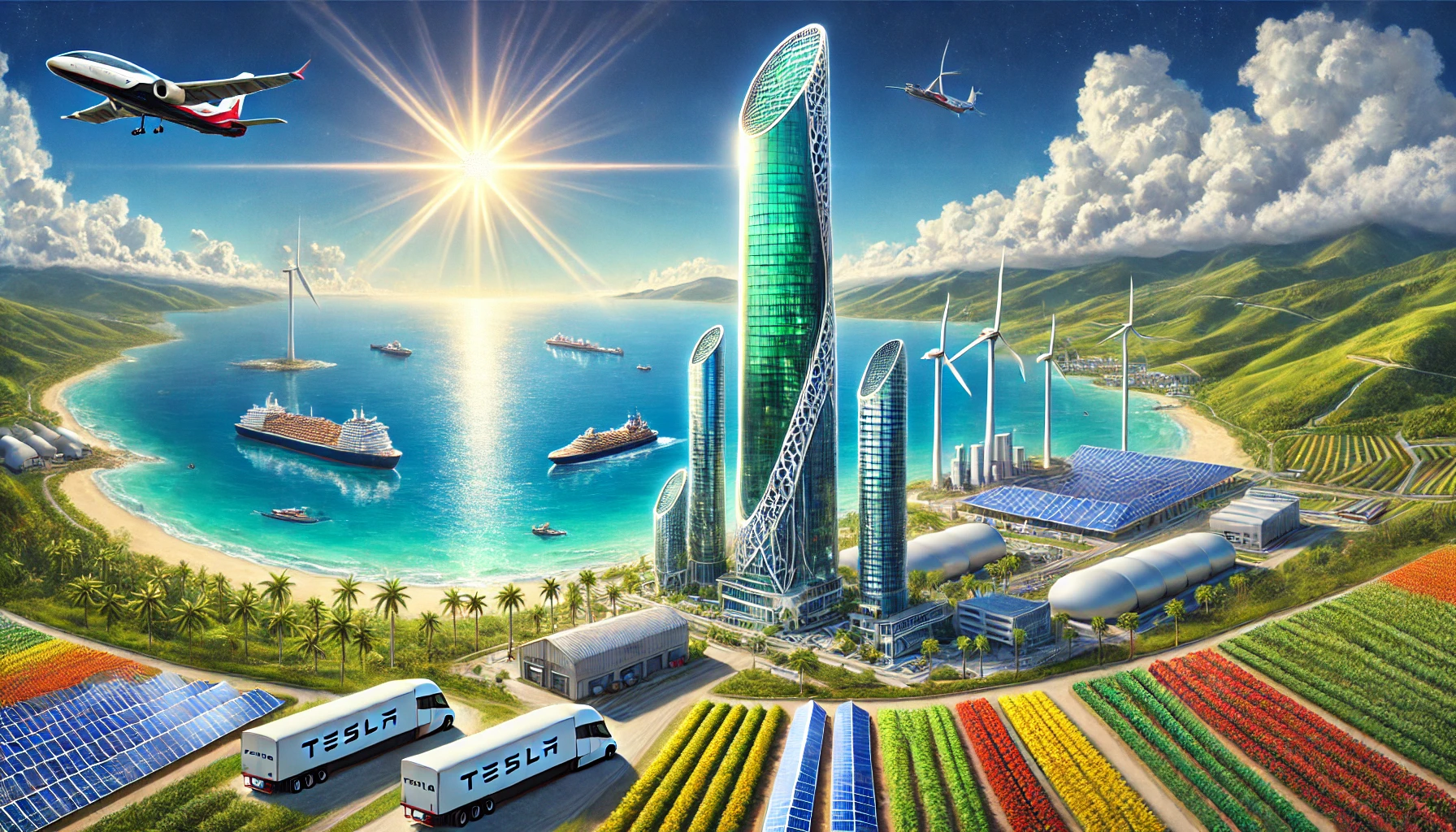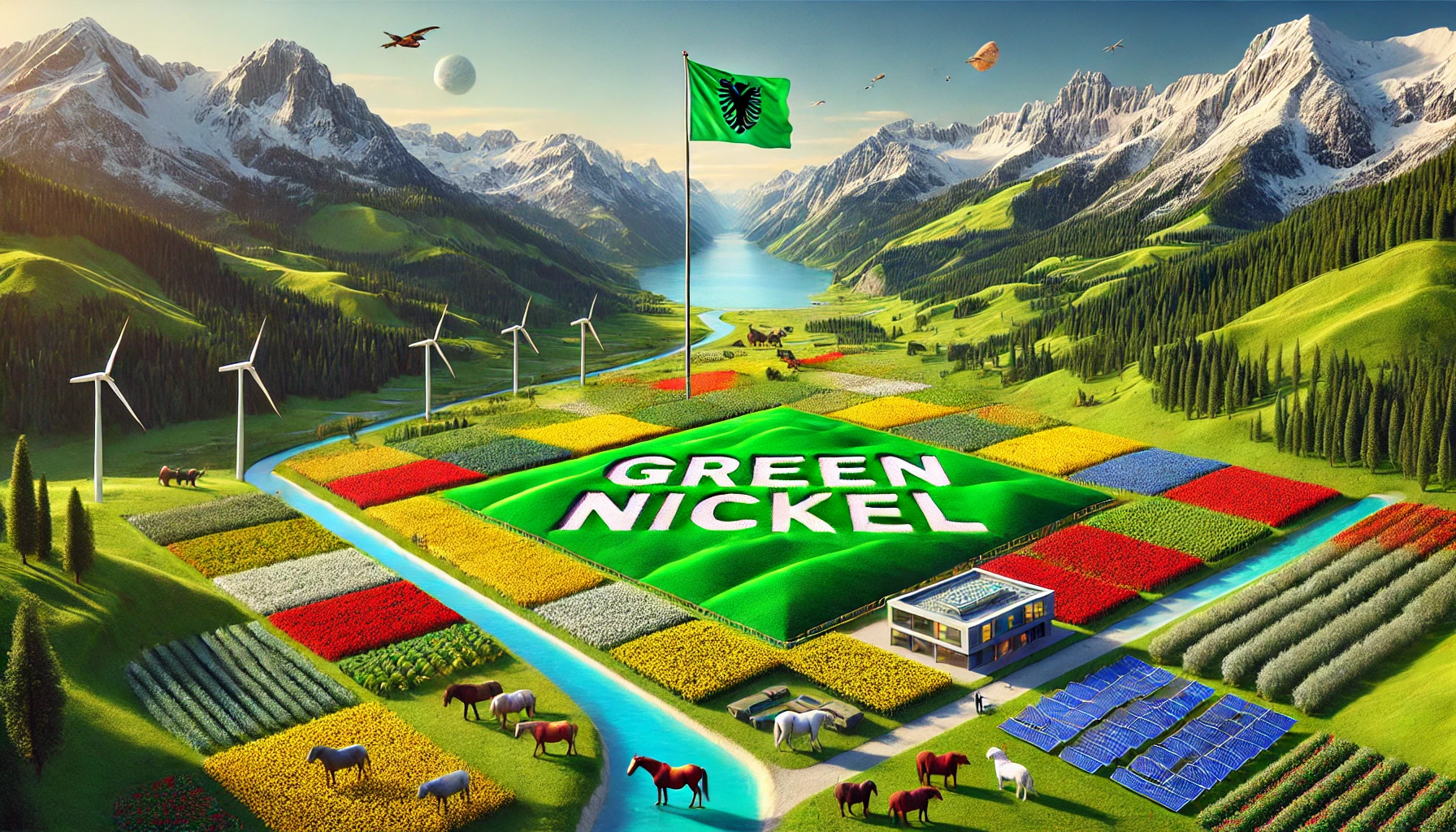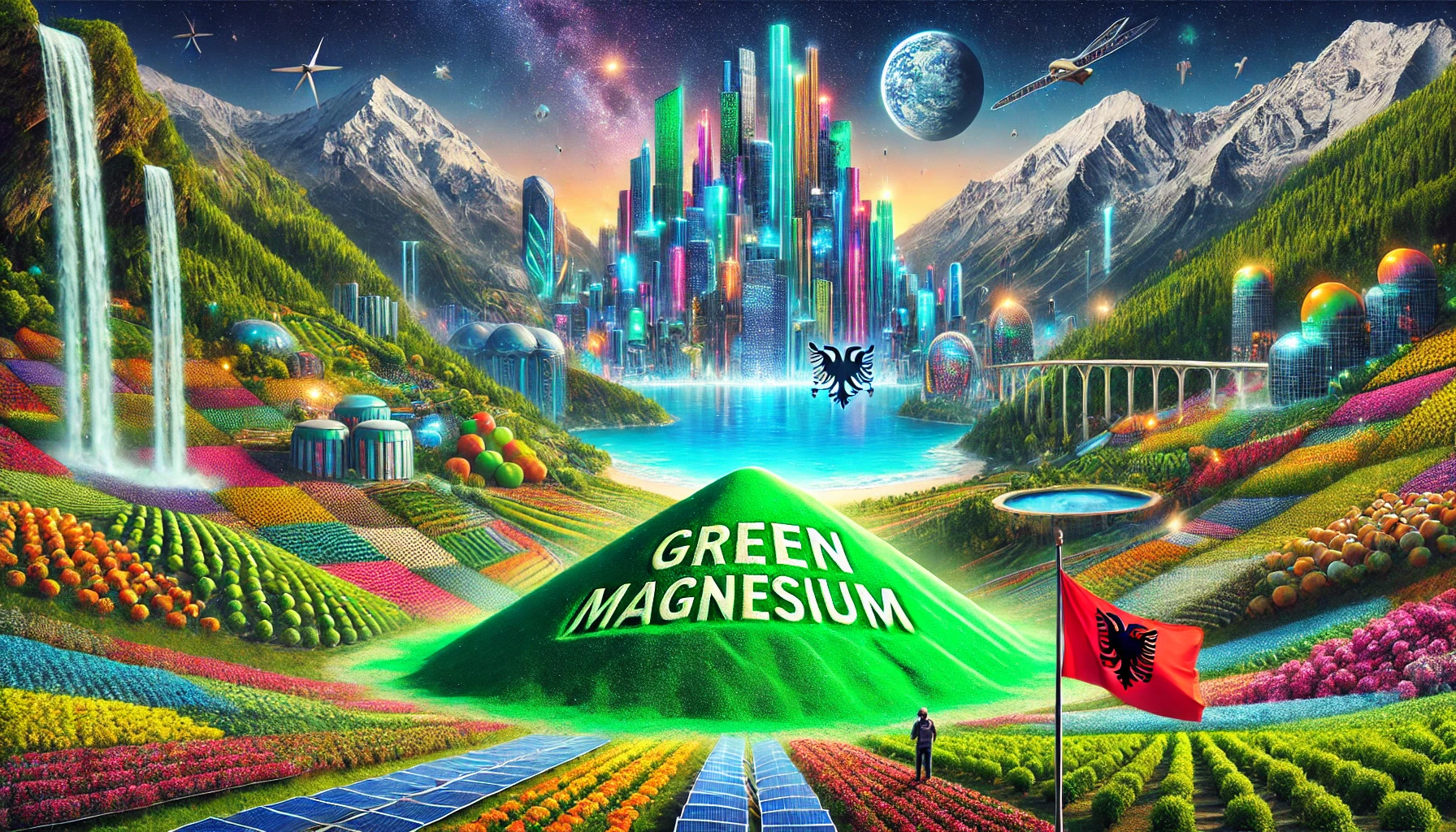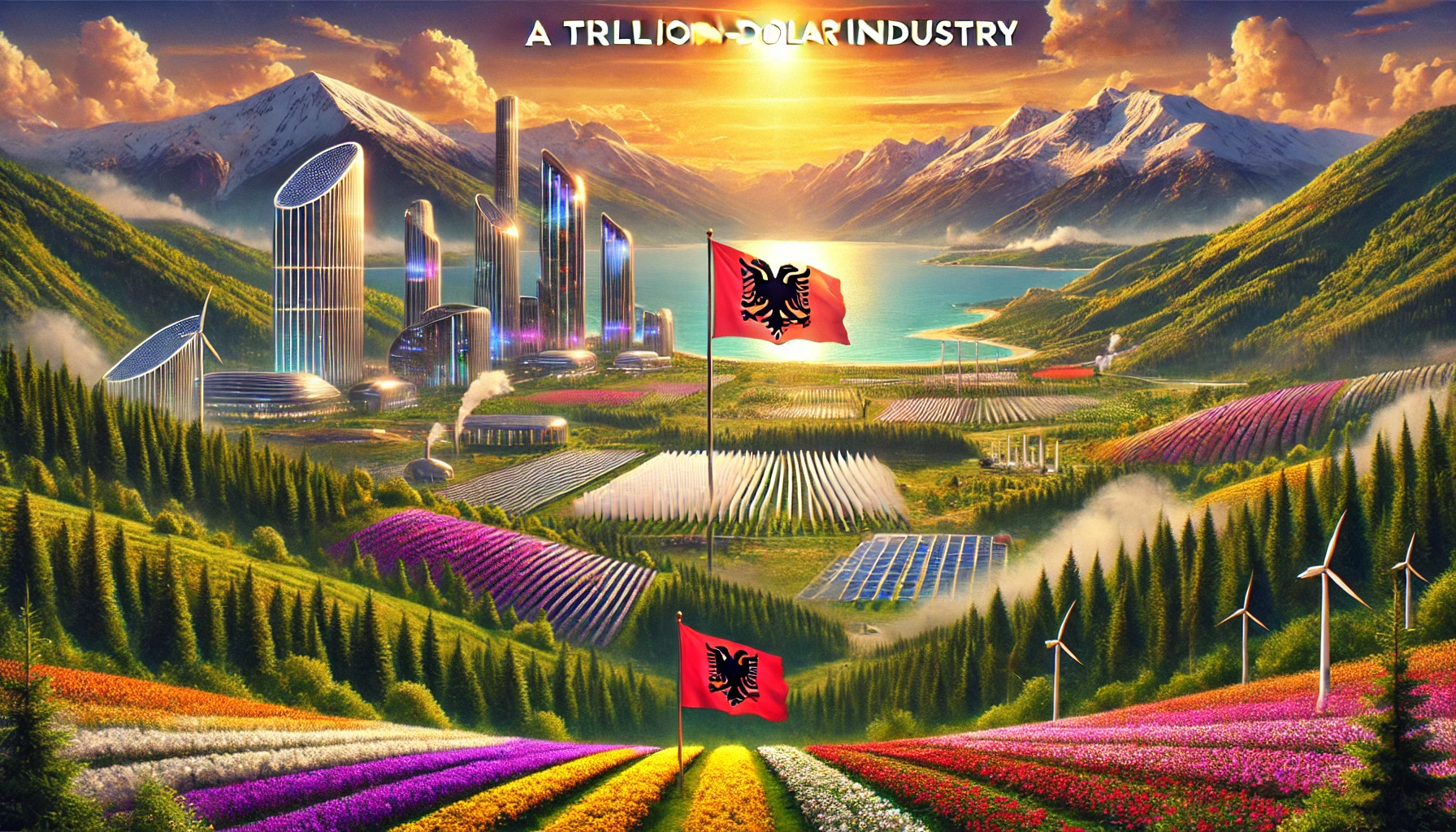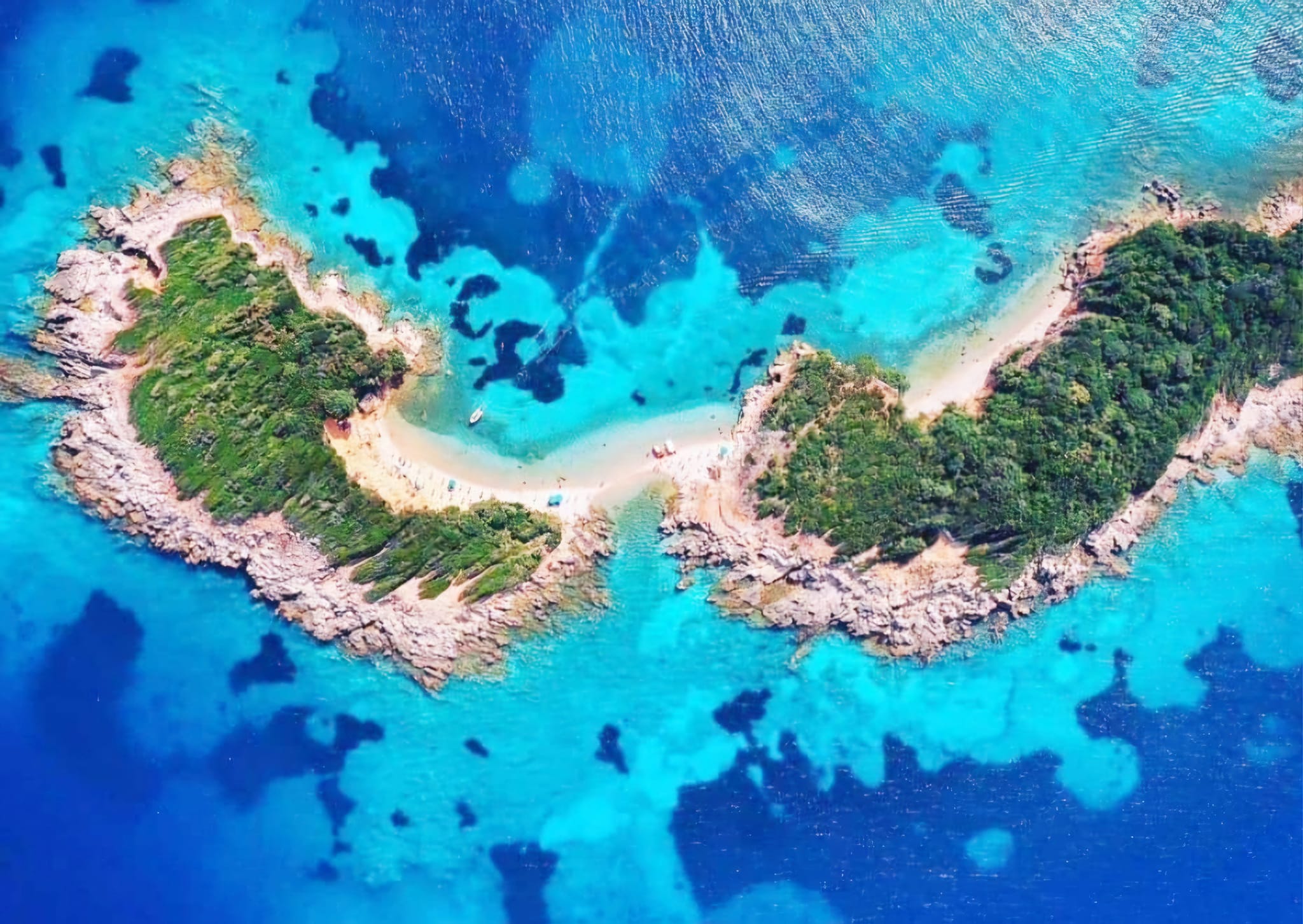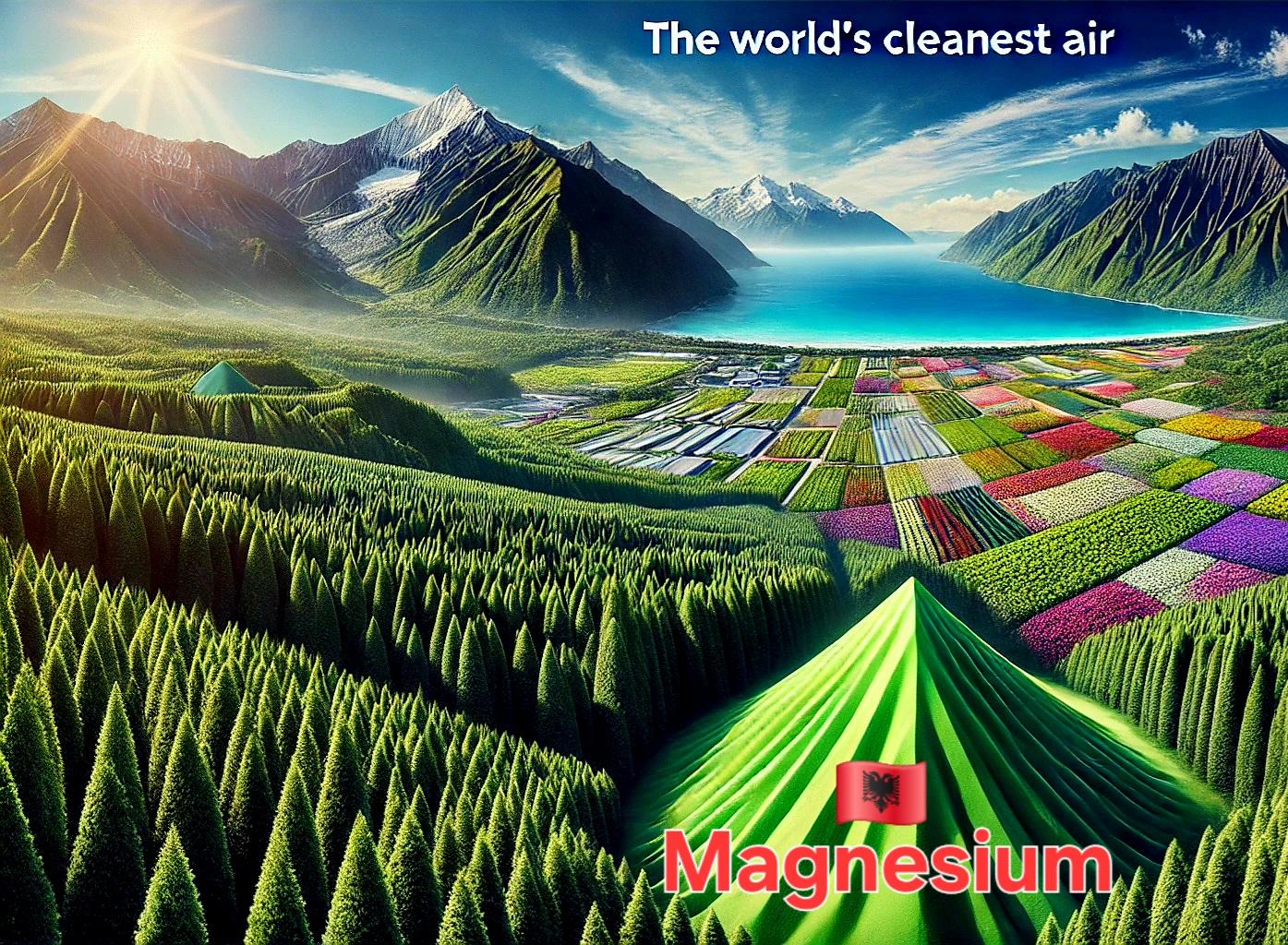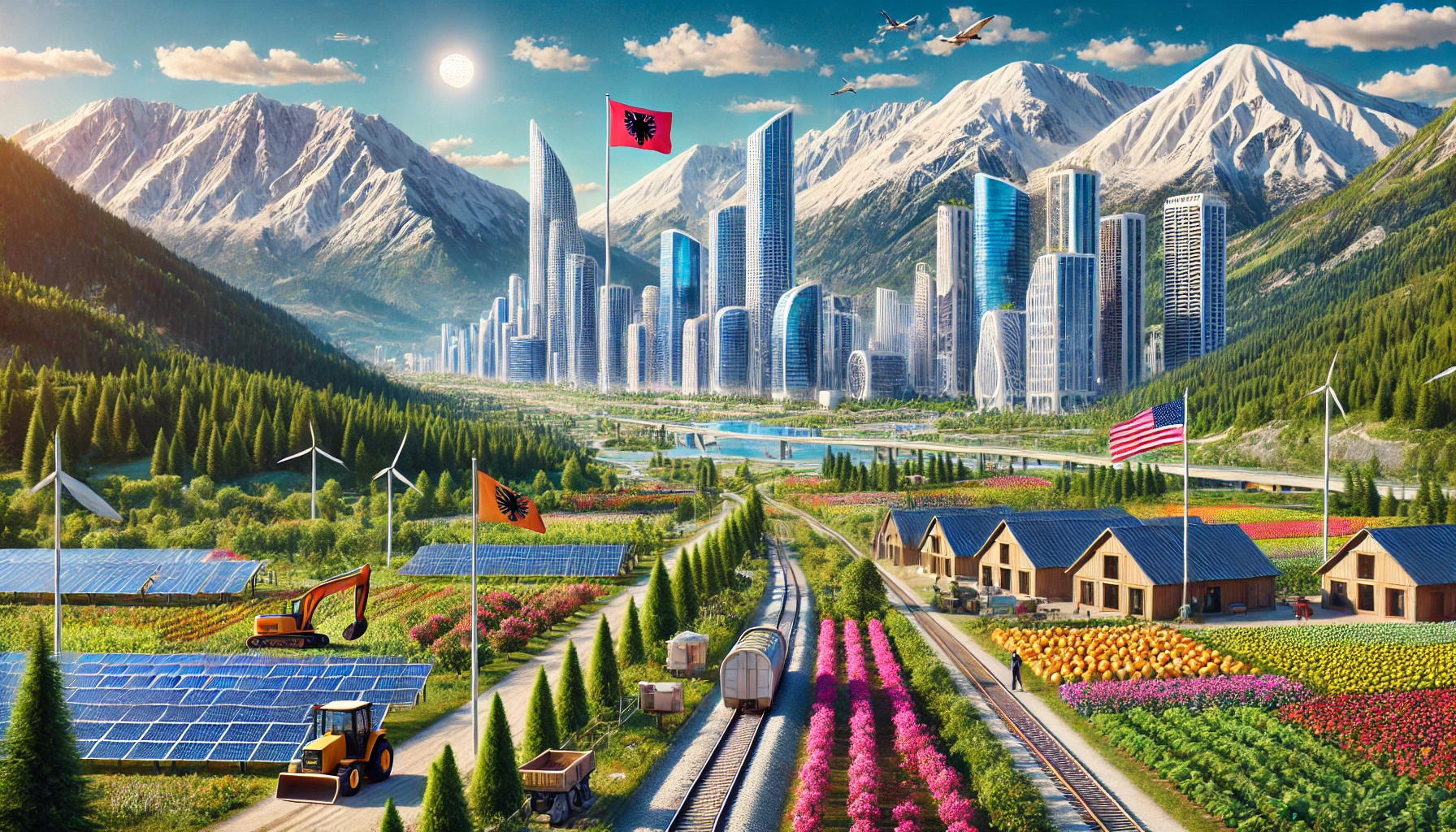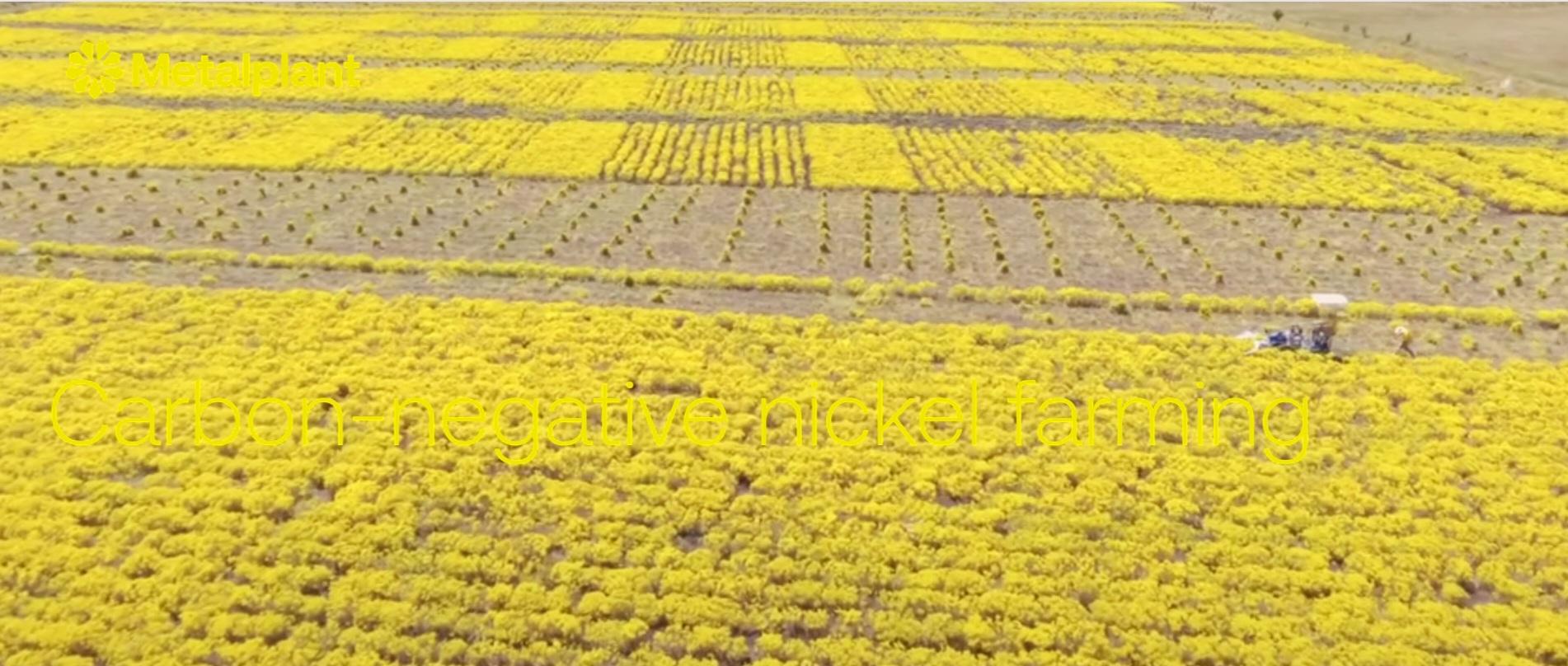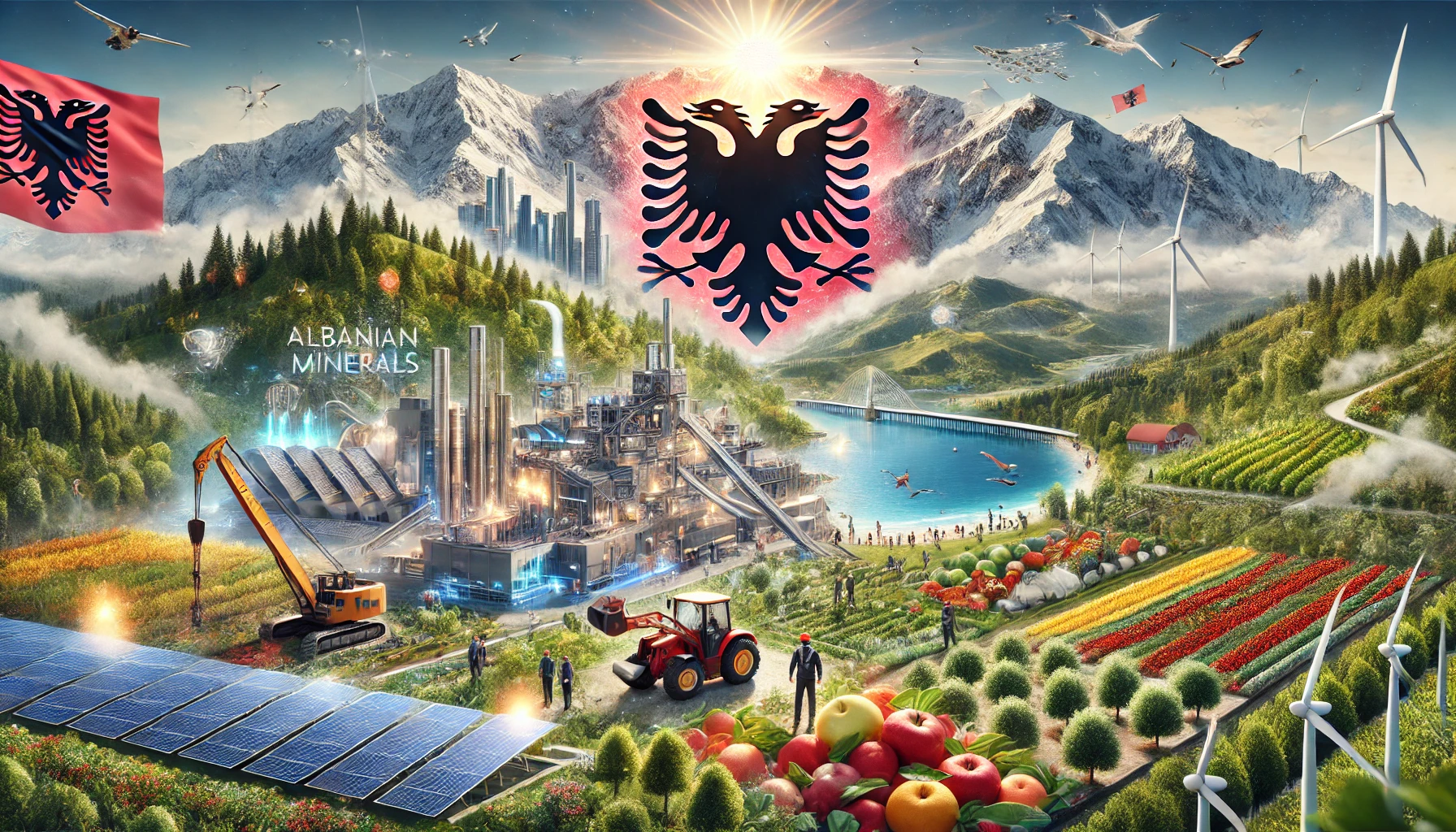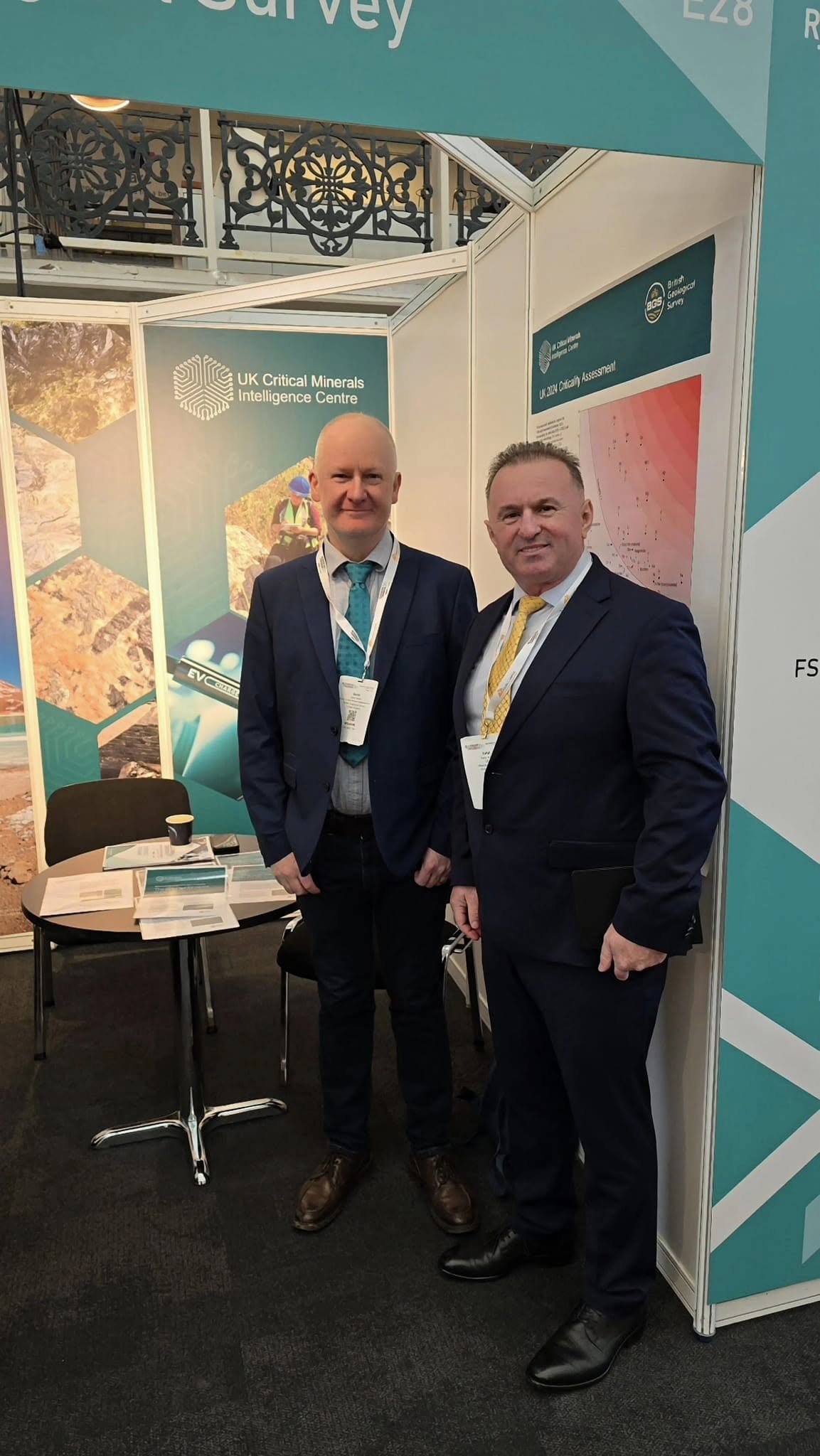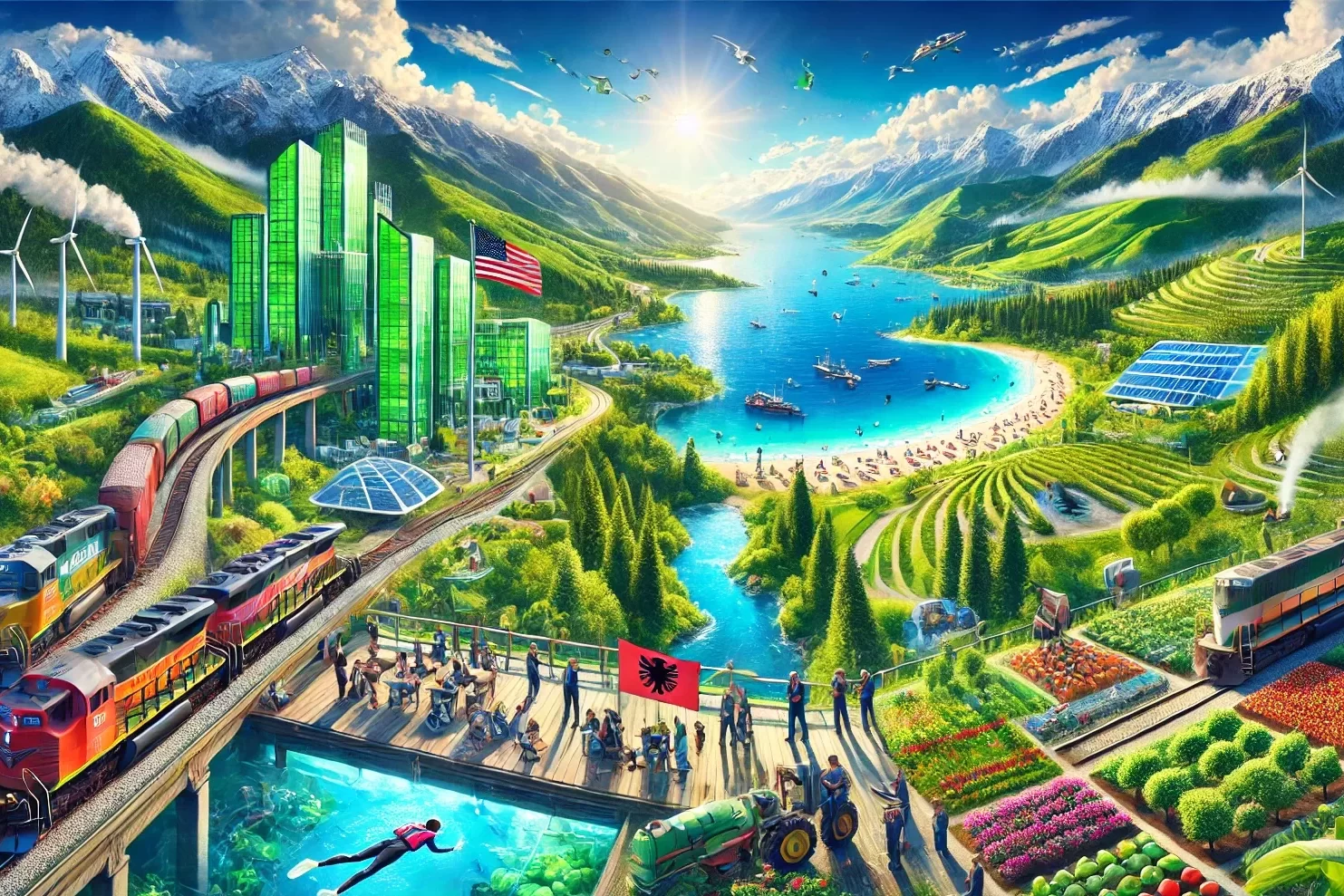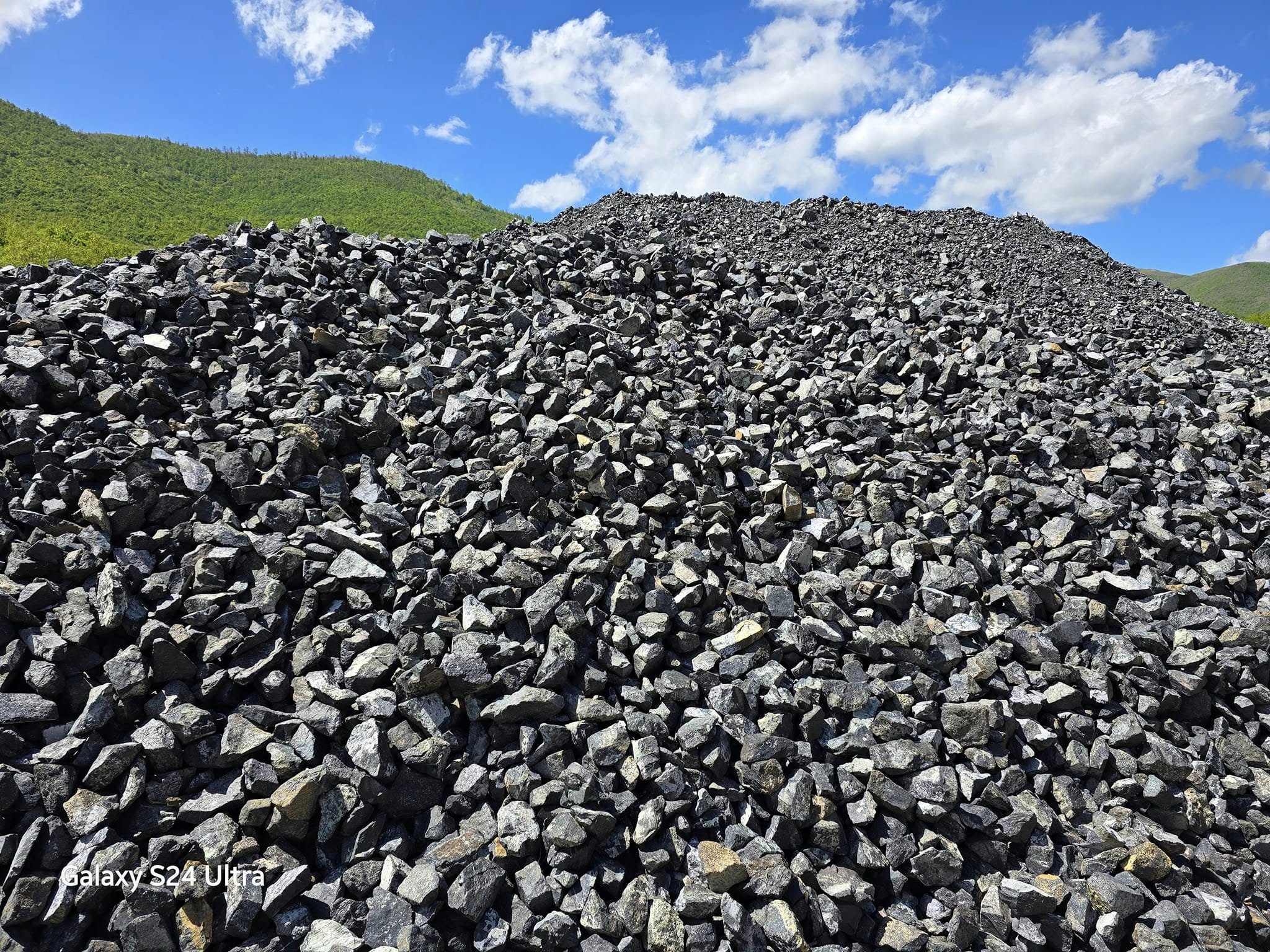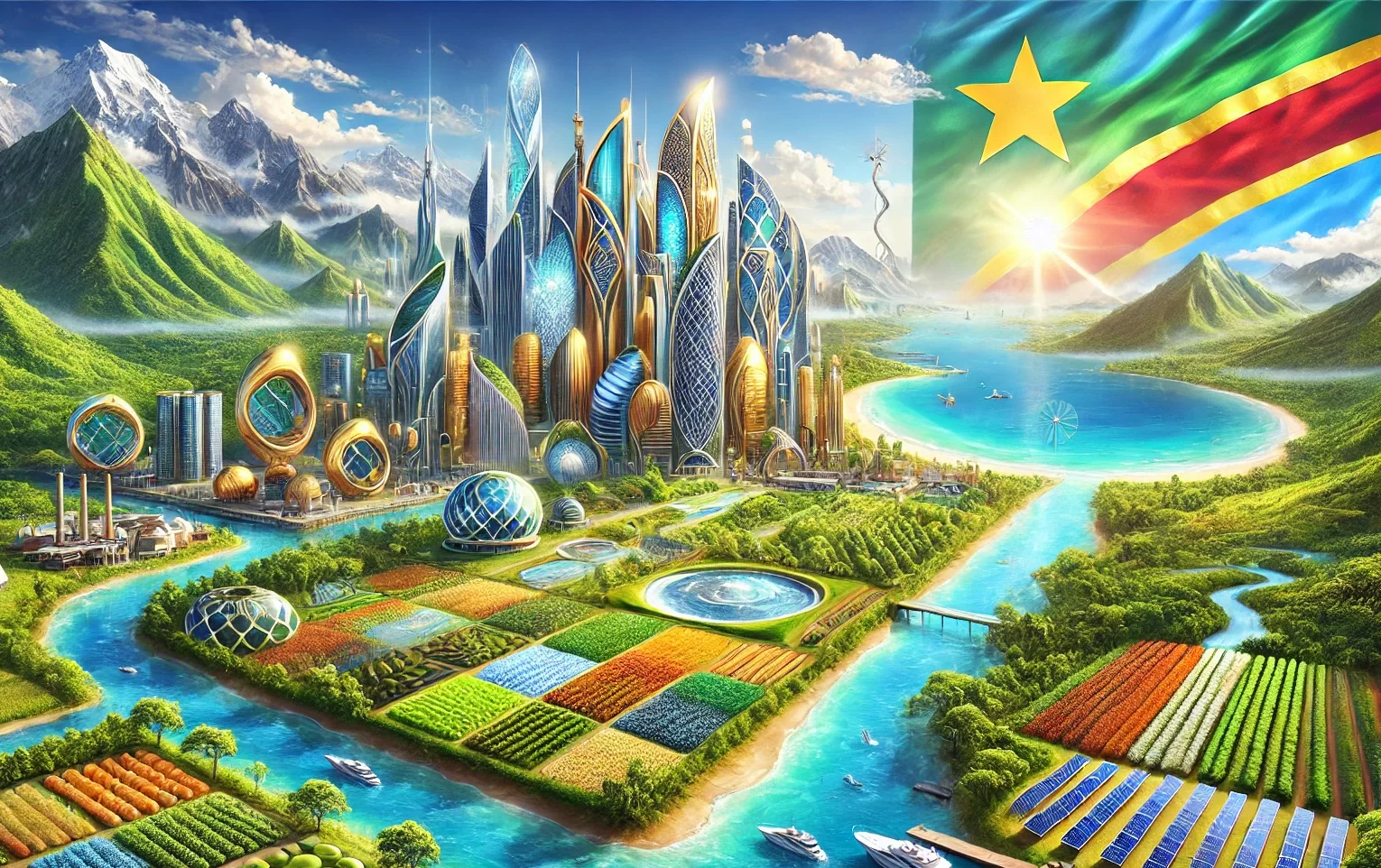
Exploring the Untapped Potential of the Democratic Republic of the Congo: A Global Vision for a Sustainable Future
Nestled in the heart of Central Africa, the Democratic Republic of the Congo (DR Congo) stands as a towering giant of untapped natural wealth, a land of immeasurable potential that promises not only a prosperous future for its own people but for the world at large. The words of Sahit Muja, CEO of Albanian Minerals, resonate strongly when he speaks of the extraordinary, almost mythical, natural riches of DR Congo. According to Muja, the country’s potential to drive global ecological and economic transformation is unparalleled, a rare convergence of factors that could lead the way in the global transition toward sustainability.
The sheer magnitude of DR Congo’s resource wealth has long been known, but only recently has the world begun to realize the immense power this nation holds in shaping the future of green energy and responsible resource management. With a landscape rich in every imaginable natural resource, from rare minerals to abundant water systems, DR Congo is uniquely positioned to rise to the forefront of the global movement for ecological balance and sustainable energy solutions.
The Geographical Blessing of DR Congo
Stretching across the equatorial belt, DR Congo benefits from a climate of boundless promise. With two rainy seasons each year and a year-round tropical warmth, the nation’s environment fosters a range of renewable energy assets, such as hydroelectric power, wind, solar, and geothermal resources, which are all primed for development. Imagine a world where the Congo’s energy resources light up not just the homes of its own citizens but also power neighboring nations and beyond, an Africa illuminated not by fossil fuels, but by the infinite power of nature.
At the heart of this green transition lies the Congo River itself, a living artery that flows with a promise of renewable power. The Grand Inga project, a proposed hydropower initiative on the Congo River, could, once completed, harness a staggering 45,000 megawatts of electricity, enough to supply 40% of Africa’s energy needs. Such a monumental leap could forever alter the continent’s energy landscape, moving away from dependence on coal and gas toward cleaner, more sustainable solutions.
A World-Class Treasure Trove of Minerals
However, the true wealth of DR Congo lies not only in its ability to produce clean energy but also in its underground treasures. The nation is a veritable mineral kingdom, with an estimated $35 trillion in untapped mineral resources. These include cobalt, gold, diamonds, copper, uranium, lithium, and a host of rare earth elements that are critical for the future of technology and green energy. DR Congo’s cobalt reserves alone account for a dominant share of the world’s supply, an essential component in the batteries that power electric vehicles, computers, and smartphones. With the global push for clean technologies, this mineral could become the cornerstone of an economic transformation, providing DR Congo with a vital role in the world’s transition to a green economy.
But it’s not only cobalt that makes DR Congo’s mineral wealth significant. The nation holds vast deposits of copper, coltan, and other critical minerals that are indispensable for industries ranging from electronics to renewable energy systems. The country is a key player in the high-tech world, yet it remains on the sidelines when it comes to the benefits these resources can offer to its own people. This is a pivotal point for DR Congo: the world now faces a moment of reckoning, where it must decide whether to continue extracting these resources for external benefit or to build systems that allow DR Congo and its people to capture the value of their own wealth.
A Nation of Biodiversity and Ecological Significance
Beyond its minerals and energy potential, DR Congo is also home to one of the world’s most vital ecological regions, the Congo Basin. Spanning across the heart of Africa, the Congo Basin houses the planet’s second-largest rainforest, which plays a critical role in regulating the global climate and fostering biodiversity. This vast expanse of trees, rivers, and wetlands is home to an unparalleled diversity of species, many of which are endemic to the region, and some, like the mountain gorilla, are on the brink of extinction.
With approximately 10,000 species of tropical plants, the Congo Basin is a botanical treasure trove of medicinal plants, many of which have yet to be discovered and utilized. This rainforest, often referred to as the “lungs of Africa,” serves not only as a carbon sink, helping to absorb and mitigate the effects of global warming but also as a critical source of life-giving resources for millions of people who rely on it for food, water, and shelter.
The opportunity to preserve this vital ecological system is both an ethical and economic imperative for DR Congo. Harnessing its resources without depleting them, through sustainable forestry, eco-friendly mining practices, and the promotion of conservation efforts—could transform DR Congo into a global leader in biodiversity preservation. With innovative strategies and investments, the country could set the benchmark for how nations can manage their natural environments in harmony with economic development.
Unlocking the Path to Prosperity and Global Leadership
For all its potential, DR Congo’s current trajectory leaves much to be desired. Despite the extraordinary wealth beneath its soil and the power of its rivers, the country continues to struggle with poverty, political instability, and a lack of infrastructure. Yet, the vision of a prosperous, self-sufficient DR Congo is not as distant as it may seem. By reimagining how resources are extracted, shared, and utilized, the country has the opportunity to redefine its future on its own terms.
The key lies in shifting away from the traditional model of resource extraction, where foreign corporations control the wealth and local communities are left with few benefits. Instead, DR Congo must embrace a new paradigm of resource ownership, one that empowers local communities and ensures that the wealth generated from its resources is reinvested into sustainable development. This requires strengthening local ownership of mining enterprises, improving infrastructure to support growth, and ensuring that the revenues from mineral extraction are used for the betterment of society, building schools, hospitals, roads, and other essential services.
Moreover, DR Congo must focus on diversifying its economy beyond mining. By investing in agriculture, manufacturing, and tourism, the nation can create a more resilient and balanced economy that is not solely dependent on the fluctuating prices of minerals. Encouraging innovation and technology development can further position DR Congo as a leader in green technology, allowing it to leverage its abundant natural resources to build a sustainable, diversified economy.
A New Dawn for DR Congo and Africa
The potential of DR Congo is not an isolated vision. It speaks to a larger narrative of Africa’s future, a future where the continent’s resources are harnessed not just for export but for local transformation. By focusing on sustainability, governance, and equitable distribution of wealth, DR Congo can become a beacon of hope and inspiration for other African nations striving for development in harmony with the planet.
In the years to come, as the global demand for clean energy, high-tech minerals, and biodiversity conservation intensifies, DR Congo will undoubtedly play a central role in shaping the future of the world. Its destiny is not one of mere extraction, but of leadership. a chance to guide the world toward a sustainable, inclusive, and equitable future, with the resources of the earth harnessed for the benefit of all.
In this vision, DR Congo’s vast and untamed wealth becomes a force for good, a force not only for the benefit of the Congolese people but for the entire world, driving a transition toward an eco-friendly, technologically advanced, and ecologically sound global society.









